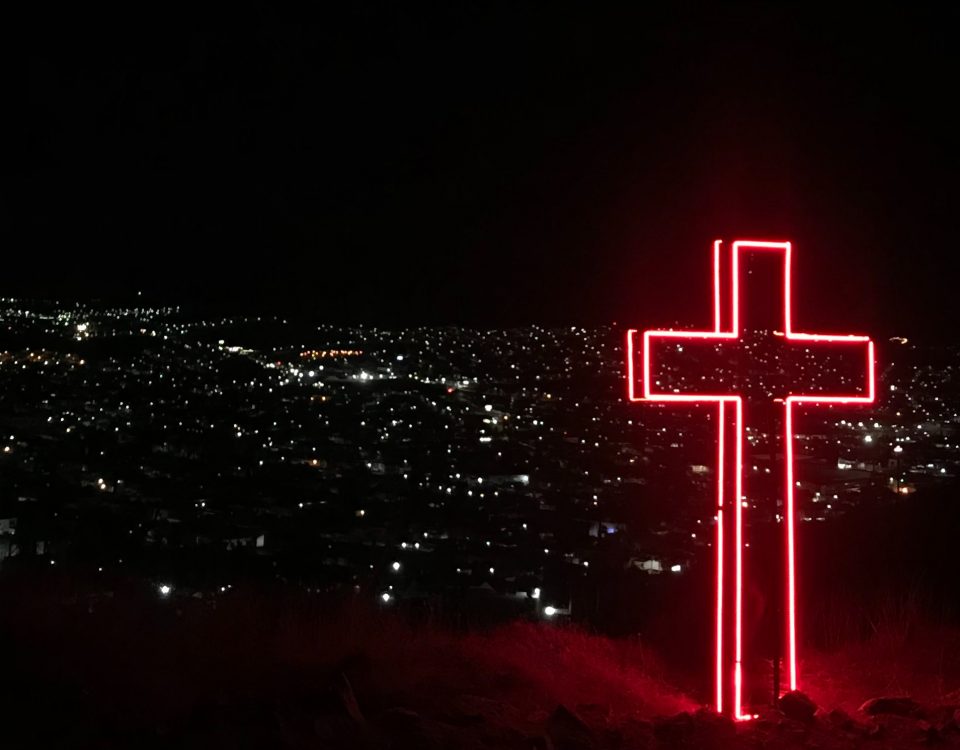
How One Pastor Prepares A Sermon
October 30, 2018
Two Tools for Preachers on Applying Scripture
November 6, 2018The Pastor as Public Theologian: Is This His Role?
In this episode, Drs. Darrell Bock and Kevin Vanhoozer discuss the pastor as public theologian, focusing on the minister’s identity and mission.
Transcript
Darrell Bock:
Welcome to The Table where we discuss issues of God and culture, and our topic today is the pastor, both as he is and how – and as he should be. And our guest is Kevin Vanhoozer, who is research professor of systematic theology at Trinity Evangelical Divinity School, better affectionately known as TEDS, and he is with us via Skype. It take it from Illinois. You’re still in the Illinois area or your Skyping in from somewhere else?
Kevin Vanhoozer:
No, I’m ten miles north of Trinity.
Darrell Bock:
Okay, so where? From your home or –
Kevin Vanhoozer:
Yes.
Darrell Bock:
Very good.
Kevin Vanhoozer:
Where I live and work and have my being.
Darrell Bock:
There you go. Well, that’s true. All of us live and work and have being if we exist, so that’s good. We’re glad you’re alive, Kevin, and you’re gonna help us work through the idea of The Pastor as Public Theologian, Reclaiming a Lost Vision. This is a book that you did [with] Owen Strachan what, five years ago or so? Am I right about that or is it longer than that?
Kevin Vanhoozer:
It feels more like three.
Darrell Bock:
Okay, all right, and you worked through a vision of what the pastor should be. I’m gonna just let you tell the story of how you two came to write the book and what the thesis is, and then we’ll just dive in.
Kevin Vanhoozer:
Okay, well, Owen is a former PhD student of mine and he overheard a remark I made. I don’t think it was off the cuff, but it was something to the effect that I was saying that the pastor should be evangelical as a default public intellectual and the sermon should be the prime mode of theological interpretation of scripture. And he latched onto that sentence and said, “We ought to write a book about this.” And at the same time, both of us have involvement at the nearby Center for Pastor Theologians. It’s a fairly new venture, but I think very exciting and successful and two pastors there have also got this vision for recovering the role of the pastor theologian. And Owen was part of one of the fellowships in that group and I’ve been involved with as well. Those two factors together, my off the cuff statement and then our joint involvement in the Center for Pastor Theologians, but led him, who – Owen is a very entrepreneurial kind of guy. He whispered in my ear and in a moment of weakness, I accepted to co-author this book with him.
Darrell Bock:
So watch what you say. It will be used against you in a court of law, huh?
Kevin Vanhoozer:
It will be, yes.
Darrell Bock:
I’m glad you all engaged in this and you’ve already stated in real brief what the core thesis is. Develop it a little bit. What do you mean by the public theologian and we may end up having a little bit of a conversation here between okay, theologian, what kind of a theologian are we talking about it? Because I’m a biblical studies guy and you’re a systematics guy, and rumor has it the twain rarely meet, but in fact, we actually work very much together and side by side.
Kevin Vanhoozer:
We do indeed. Yeah, the operative term is theologian in fact because our concern was that pastors have ceded that role to academics. And we think that that is a modern distortion of the way pastors have normally gone about their work in the church. And the loss of the pastor theologian is a losing prospect for the church. The church has nothing to gain by not doing and being familiar with theology. On the contrary, theology is supposed to build up the church and so we felt that the pastors have somehow lost their vision for what their vocation actually is and that this is not a good thing for the body of Christ.
Darrell Bock:
So, your take is that too many pastors are pastor theologians.
Kevin Vanhoozer:
And sometimes not even with the whisper and so the problem is our culture is very powerful. I think our culture colonizes our imaginations. It forms our spirits and I suspect that cultural pictures of what a leader is has – have made their way into the church. And everybody wants to be a success and if our models for success are taken from society, then it only stands to reason that we should do the same things in church to become successful leaders that, I don’t know, generals do or CEOs and maybe presidents. And I think that’s what’s happened, is that people have wanted to adopt models of leadership and port them into the church, and in the process, the idea of a theologian, that doesn’t seem to be as exciting or as loaded with potential for success.
Darrell Bock:
O.K. And of course the Hendricks Center here in Dallas is dedicated to Christian leadership, which the adjective is very, very important. It isn’t leadership of any kind. It’s particularly a Christian leadership. That automatically suggests the import of theology in how we think and how we do what we do in leading. Here’s how I wanna go at this ‘cause you’ve written a whole book on it, but you did us a service at the end of the book in the conclusion with the 55 summary theses on the pastor’s public theologian.
I hear echoes of Luther in the background and so what I did is I went through this list. There’s no way we can discuss all 55 of these and kinda divided your assessment into two categories, what I call critiques of the pastorate as it’s being practiced and then the call of the pastor. Kind of a recall to what it ought to be. I want to go through it in that order and so I start with number one. The church is in danger of exchanging its birthright for a mess of secular pottage in the place where one might least expect it, in the pastorate. The floor is yours. What are you getting at in that point?
Read more via the transcript available here.



